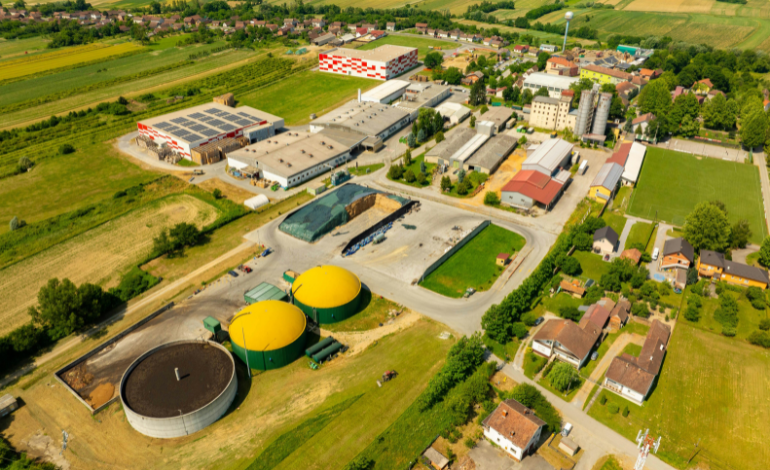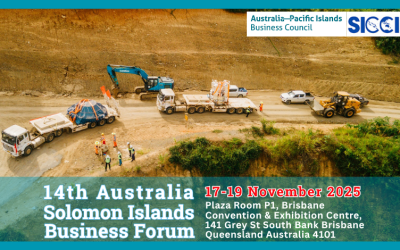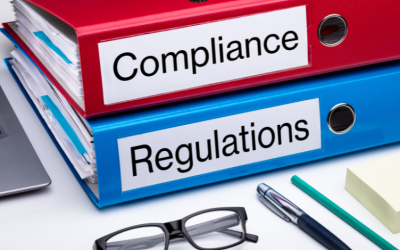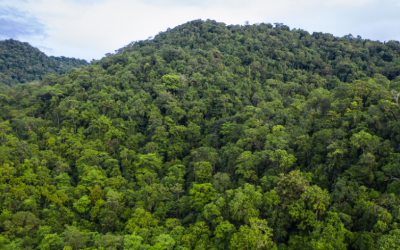Papua New Guinea has announced its much‑anticipated 2025 to 2032 Special Economic Zone (SEZ) Foundation Policy, positioning it as a central feature of its long‑term economic development strategy. The policy was officially introduced at a high‑profile ceremony held at APEC Haus in Port Moresby on 15 June 2025, where the Prime Minister and other dignitaries described the occasion as a pivotal moment in the nation’s economic trajectory.
The policy provides a detailed seven‑year plan to establish SEZs across the country with a focus on manufacturing, agro‑industry, fisheries and logistics. It seeks to overcome long-standing impediments to investment, including poor infrastructure, bureaucratic hurdles and issues with land access, by creating specially designated areas where these issues are managed more efficiently.
Prime Minister James Marape described the initiative as “the most important policy since independence” and said it represents a decisive break from PNG’s historic over‑reliance on extractive industries, aiming instead to drive economic independence, industrialisation and rural development. Minister for International Trade and Investment Richard Maru emphasised that the policy would define different types of SEZs, clarify licensing procedures, list eligible industries and detail incentives and fees under the SEZ Authority.
The government is underpinning its vision with ambitious targets. At the launch, leaders noted potential for the policy to generate over one million jobs and attract billions in new investment, drawing inspiration from successful SEZ models abroad, particularly in the Philippines.
The Ministry of International Trade and Investment is leading the initiative in collaboration with the SEZ Authority. It is also preparing updated legislation to replace the SEZ Act of 2019, aligning the legal framework with the newly established policy framework.
This foundation policy heralds one of PNG’s boldest efforts to date to foster inclusive, regionally balanced economic growth. The emphasis now turns to effective execution.
SEZ Investment Highlights
1. Agriculture-Driven SEZs
Feasibility studies are under way for agricultural-focused zones such as:
- Karamui in Simbu Province, targeting agro-development;
- Central Province, centred on the rice and cotton industries.
These represent promising opportunities in value-added processing and export-focused agriculture.
2. Rice, Manufacturing and Log Processing Zones
The government is exploring SEZs with manufacturing and agro-industrial orientations, including:
- Rigo Rice SEZ in the Central manufacturing zone;
- Lae Port SEZ, enhancing logistics at PNG’s major container port;
3. Pacific Maritime Industrial Zone (PMIZ) in Madang;
A log-processing SEZ in Central Province.
These contexts present avenues for investors in downstream processing, logistics, and forestry-based manufacturing.
- Paga Hill – A Flagship SEZ Paga Hill Estate remains PNG’s flagship SEZ, focusing on tourism and urban development. It includes a 22-storey apartment tower and is planned to expand to include a shopping mall, private hospital, and additional ventures. The government requires majority PNG ownership for these future investments.
This provides opportunities for mixed-use urban development, hospitality, and health infrastructure investment.
4. Diversification Away from Extractive Industries
SEZs are part of a broader strategy to reduce dependence on resource exports, which comprised 86 per cent of PNG’s goods exports in 2021. These zones aim to promote manufacturing, agribusiness, logistics, and export diversification.
5. Policy Enablers and Institutional Support
The SEZ Foundation Policy has established the SEZ Authority (SEZA) to manage and administer incentives, licensing and investor support. Investors can anticipate structured, transparent frameworks aligned with international best practices.
—
Main picture: Representative illustration



